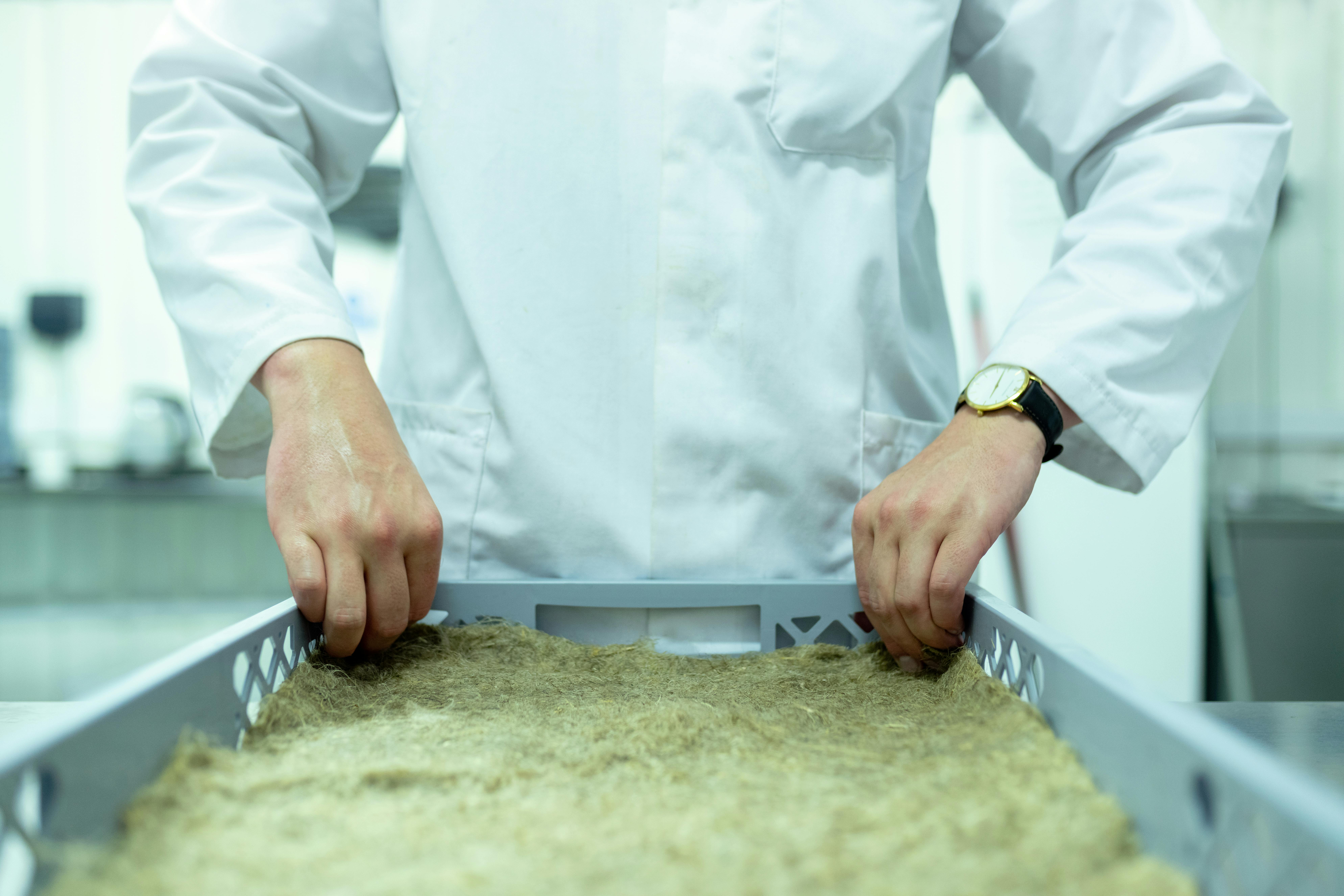Aquaponics: Revolutionizing Farming Practices around the Globe
- 12/10/2023
- 1106 Views

Photo by ThisIsEngineering on Pexels
Aquaponics: Revolutionizing Farming Practices around the Globe
What is Aquaponics?
Aquaponics is an innovative farming technique that combines aquaculture (fish farming) with hydroponics (growing plants in water) to create a sustainable and efficient system. It involves the cultivation of fish in tanks, whose waste products provide nutrients for plants grown hydroponically. The plants, in turn, filter the water for the fish, creating a mutually beneficial relationship between the two.
Advantages of Aquaponics
Aquaponics offers several advantages over traditional farming practices:
- Water Efficiency: Aquaponics uses 90% less water compared to conventional soil-based farming. The water is continuously recycled in the system, making it a highly sustainable method.
- Space Utilization: Aquaponics can be implemented in urban environments and takes up significantly less space compared to traditional farming. Vertical aquaponics systems allow for food production in areas with limited land availability.
- No Chemical Fertilizers: Unlike traditional farming, aquaponics doesn't require the use of harmful chemical fertilizers. The fish waste provides the necessary nutrients for the plants, creating a natural and organic growing environment.
- High Yields: Aquaponics produces higher crop yields compared to traditional farming methods. The controlled environment allows for optimal growth conditions, resulting in healthier and faster-growing plants.
- Year-Round Production: As aquaponics systems are typically set up indoors or in greenhouses, they provide the ability to grow crops year-round. This is particularly advantageous in regions with extreme climates or limited growing seasons.
Applications of Aquaponics
Aquaponics has gained popularity across the globe and is being utilized in various settings, including:
- Urban Farming: Aquaponics systems are ideal for urban farming initiatives, enabling individuals and communities to grow fresh produce in small spaces, such as rooftops or indoor settings, without the need for extensive farmland.
- Commercial Agriculture: Large-scale aquaponics operations are increasingly being established to supply commercial markets. These systems provide sustainable and high-quality produce while minimizing water usage and environmental impact.
- Education and Research: Aquaponics serves as an educational tool, teaching students about the interconnectedness of ecosystems and sustainable food production.
- Food Security: Aquaponics can help address food security challenges, particularly in areas where traditional farming is limited or unreliable. It provides a consistent supply of fresh produce regardless of external factors like weather conditions or soil quality.
With its sustainable and efficient nature, aquaponics has emerged as a game-changer in the farming industry. It offers the potential to revolutionize food production by providing a viable solution for growing healthy crops in a limited space, while reducing water usage and environmental impact. As the world faces increasing challenges related to climate change and growing population, aquaponics provides a glimpse into the future of agriculture.


